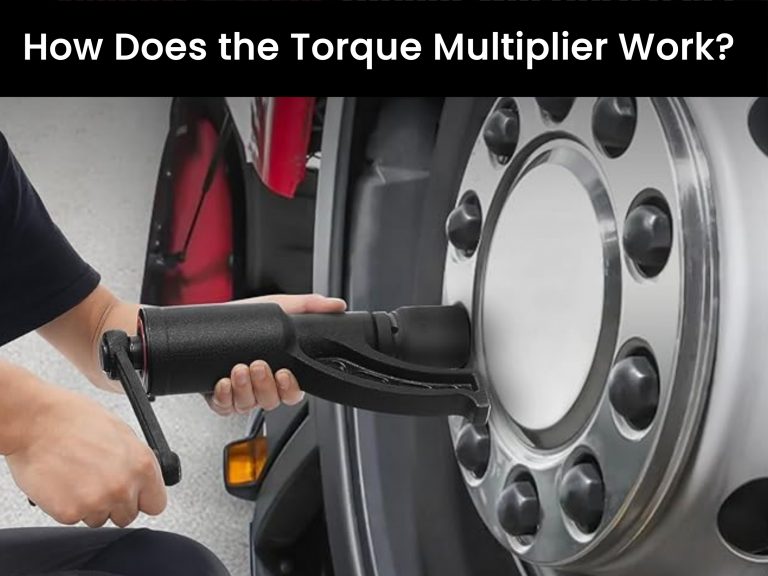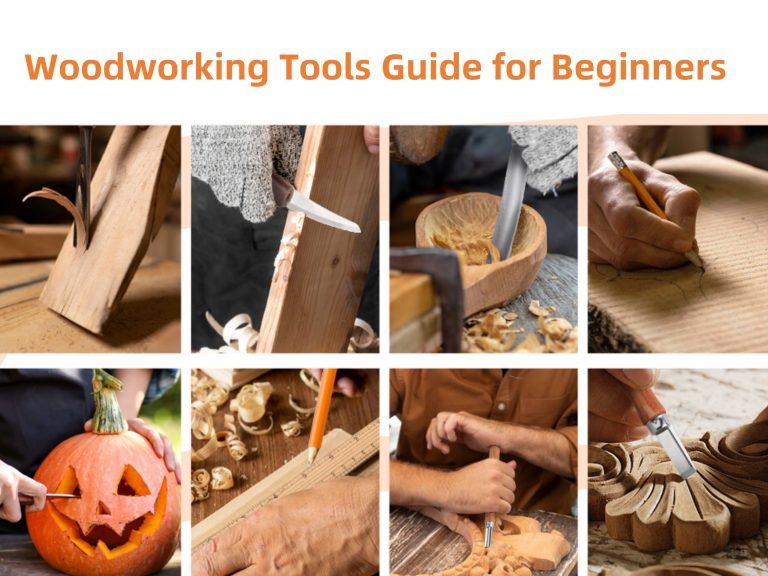How to Use Taps and Dies: A Step-by-Step Guide
Taps and dies are essential tools for cutting threads in metal and other materials. They are commonly used in plumbing, automotive repair, and other mechanical applications. If you are new to using taps and dies, it can be intimidating at first. However, with a little practice and some basic knowledge, you can quickly become proficient in their use. In this article, we will provide a step-by-step guide on how to use taps and dies.
Step 1: Choose the Right Tap or Die
The first step in using taps and dies is selecting the right tool for the job. Taps are used to cut internal threads, such as those found in nuts or threaded holes. Dies, on the other hand, are used to cut external threads, such as those found on bolts or pipes. Make sure you choose the correct size and thread pitch for your application.
Step 2: Prepare the Material
Before using the tap or die, it’s important to prepare the material by drilling a hole or cleaning up any existing threads. This will ensure that the tap or die can start cutting smoothly and reduce the risk of breaking the tool.
Step 3: Start Cutting
To use a tap, insert it into the hole or threaded opening and turn it clockwise. Apply steady pressure and turn the tap a quarter turn or so at a time. Use cutting oil to lubricate the tap and reduce friction. Keep turning until the thread is cut to the desired depth.
To use a die, place it over the bolt or pipe and turn it clockwise. Apply steady pressure and turn the die a quarter turn or so at a time. Use cutting oil to lubricate the die and reduce friction. Keep turning until the thread is cut to the desired depth.
Step 4: Clean Up
After cutting the thread, it’s important to clean up any debris or burrs that may have been left behind. Use a tap wrench or die stock to remove any remaining metal shavings or burrs.
Step 5: Test the Thread
Finally, test the thread by screwing in a matching bolt or nut. If the thread is properly cut, it should screw in smoothly and securely.
In conclusion, using taps and dies may seem daunting at first, but with a little practice and knowledge, it can be a straightforward process. By following these steps, you can ensure that your threads are cut cleanly and accurately, and your projects will be a success.



